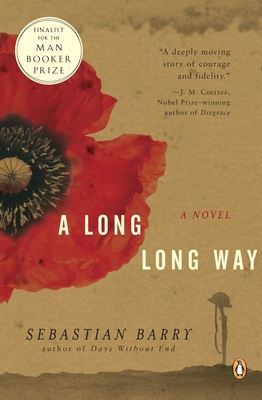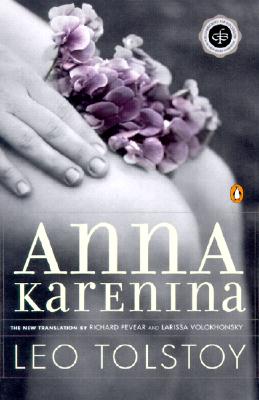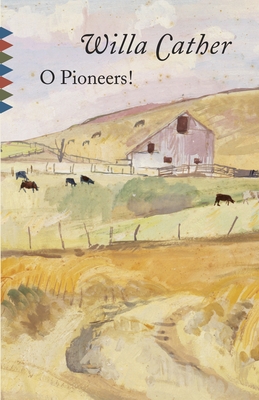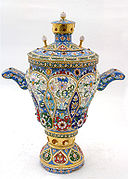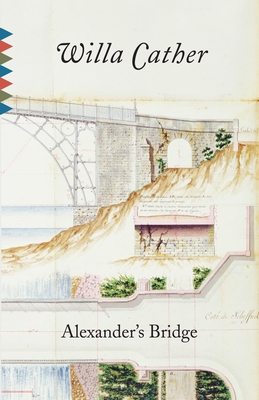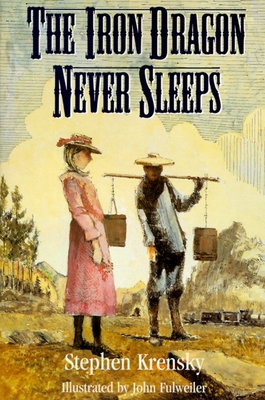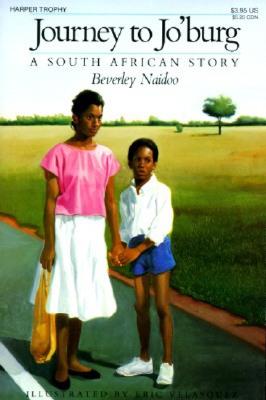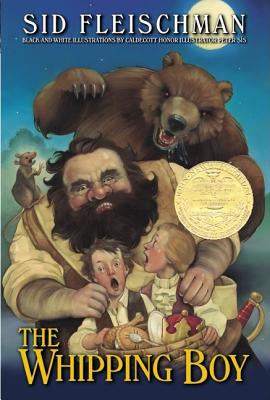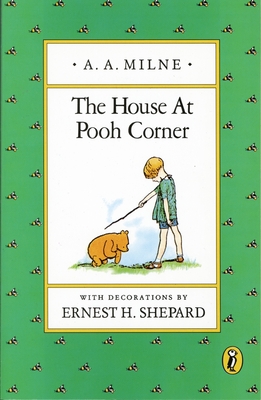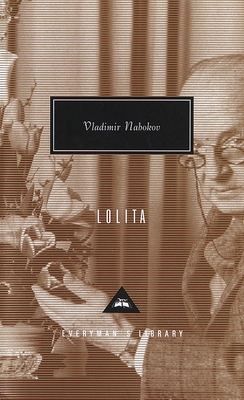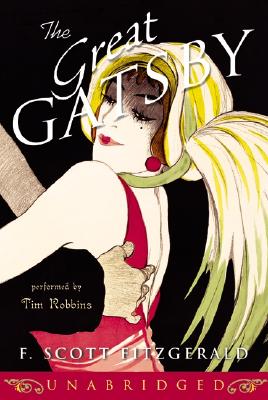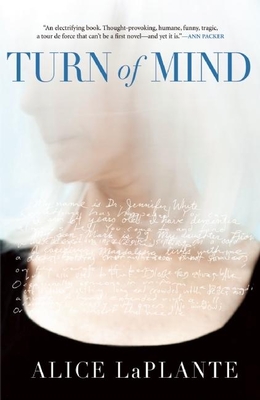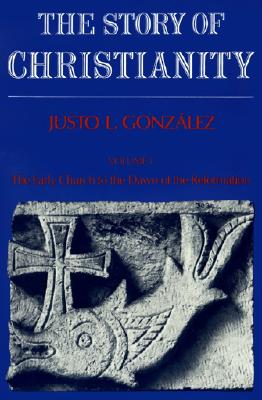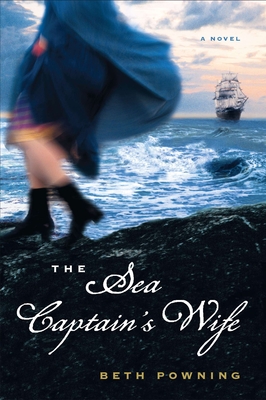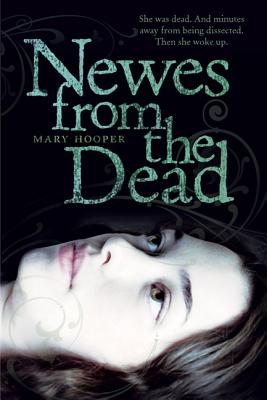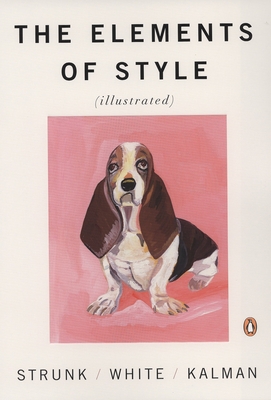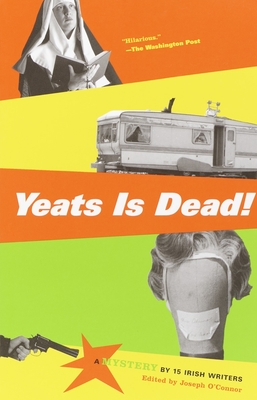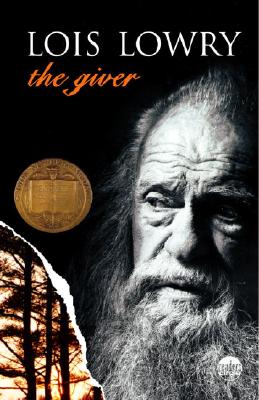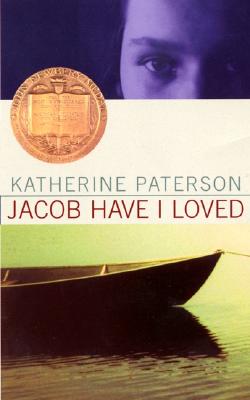He was born in the dying days.
And so opens this amazing story of young Willie Dunne. This may be the most important novel I've ever read; it's certainly one of the best. Awarding my own 5 measly little stars makes light of the experience, since I still get teary whenever I think about the book. It doesn't seem fair that I have no one to discuss this book with, so I'm hoping one of you has read it!
It is a book of the Great War: the First World War: a war of horrific scope and tragedy that is often overshadowed by WWII. This isn't about the entire war, though, it focuses on the Irish boys that fought and died in it. At the time, Ireland was controlled by England, and internally struggling with opinions about autonomy, which resulted in Easter Rising (see the photo and link below for more info). So Willie Dunne from Dublin, unable to follow his father's footsteps as a policeman because he didn't reach the height requirement, decides to volunteer to fight for England: a decision that becomes quite controversial as time passes.
I don't know about you, but when I think about "war books" I automatically groan inside. I know from the get-go that there's going to be some rough spots, and dread reading it because I'm afraid it will be all action-movie-gruesome, lacking any introspection or emotional connection. It was immediately apparent that this wasn't going to be the case with this book. Here's a great example of the writing, setting the stage on the second page:
Those millions of mothers and their million gallons of mothers' milk, millions of instances of small-talk and baby-talk, beatings and kisses, ganseys and shoes, piled up in history in great ruined heaps, with a loud and broken music, human stories told for nothing, for ashes, for death's amusement, flung on the mighty scrapheap of souls, all those million boys in all their humours to be milled by the mill-stones of a coming war.
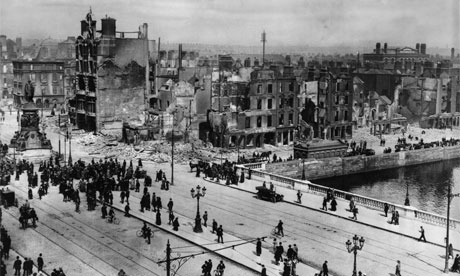 |
| Read some of the history about WWI and Easter Rising @ the guardian |
The prose was stunning. It ranged from simplistic to poetic, which helped to keep interest high and packed more power in the punch. The pace and plot were thoughtful and engaging. It alternated from action to introspection with perfect timing and balance, and covered a fair amount of time, yet didn't feel rushed or dreary. The setting and characters were vivid yet spare. Not overly descriptive, yet strong enough to feel you are there. Familiar, normal people just like those all around us. Some we know more of, some less. Some stir compassion, others incite frustration.
Read this when you are in the mood for a deep conversation with a good friend--that's what I felt I'd experienced when I closed the covers. Read it with an expectation to learn, to grow, to see beauty, to remember, to feel.
A bit of background: I was introduced to Sebastian Barry during my trip to Ireland this year in March. I went into the Clifden Bookshop to buy Joseph O'Connor's Ghost Light (which I somehow haven't posted about) and asked the bookseller for other Irish author recommendations. She handed me The Secret Scripture by Sebastian Barry. I enjoyed that very much, and picked this one up at the library on a whim. I'm so glad I did; looking forward to reading Barry's other novels.
Title: A Long Long Way
Author: Sebastian Barry
Pages: 304
Published: Penguin (orig. 2005)
My Rating: 5 stars
